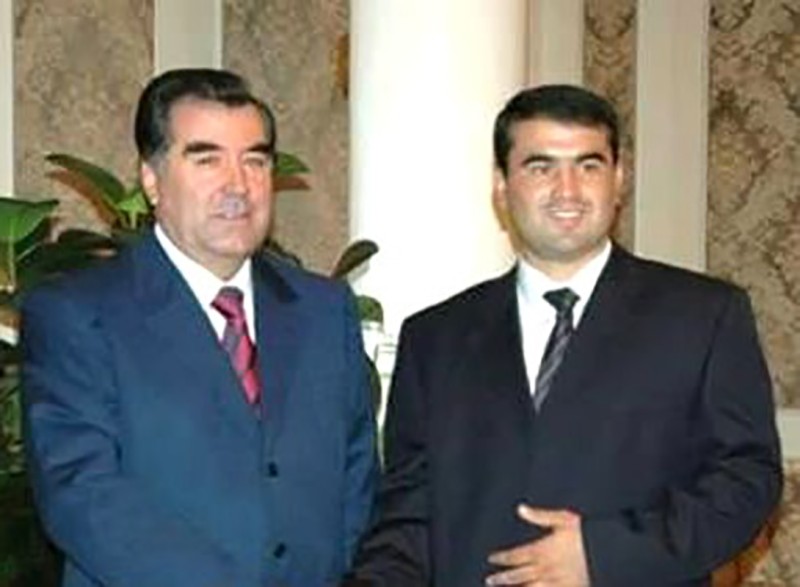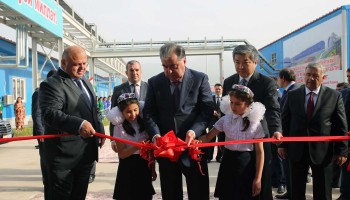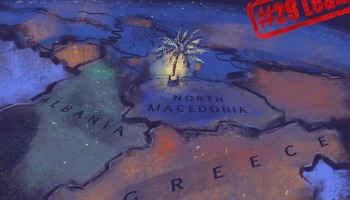“Due to the lack of competitiveness in the market for the sale of fuel, import and retail sale of fuel materials from direct suppliers on the Tajik market, direct purchase from fuel producers, bypassing intermediaries, and import of fuel into the Republic of Tajikistan as well as the high costs of the purchased goods, Company has lost its competitiveness in the country's market,” the media cited a letter signed by the company’s CEO Azamat Kosimov and sent to the Tajikistan’s Tax Committee.
Kosimov also mentioned the global economic downturn and its negative reflections to the region, stressing that therefore the “shareholders of the company decided to sell all of its property” and call for its liquidation.
Faroz was established in 2008, as a commercial company with the activities focused on the import, wholesale and retail sale of fuel.
It grew into a closed joint-stock company owned by Shamsullo Sakhibov, husband of one of the daughters of the Tajik President Emomali Rahmon.
The company, therefore, has enjoyed undoubted support from the President, while the company’s name became frequent in Tajiks’ daily lives. Faroz, fastly developing from selling oil to NATO troops in Afghanistan, has also got engaged in a wide range of fields, including oil and gas, mining, customs terminals, driving schools, spas, a winter sports complex, a bank, and other private businesses.
According to Edward Lemon, a Tajikistan expert at the Harriman Institute at Columbia University, Tajikistan’s economy is dominated by businessmen linked to the presidential family who use their control over government agencies to “skew the market in their favor.”
“This corruption… pervades every level of the society and the economy,” Lemon said, adding that Faroz’ owner Sakhibov was no exception.
“If Sakhibov wasn’t part of the system by being married into the [Rahmon] family, Faroz … would probably be targeted itself,” Lemon told the OCCRP earlier.
An investigation by the Organized Crime and Corruption Reporting Project revealed that the growth of Faroz was made possible, in large part, by the government creating opportunities for it to flourish and ensuring that no competitor posed a threat. The state has been used for the good of the company, not the other way around.






